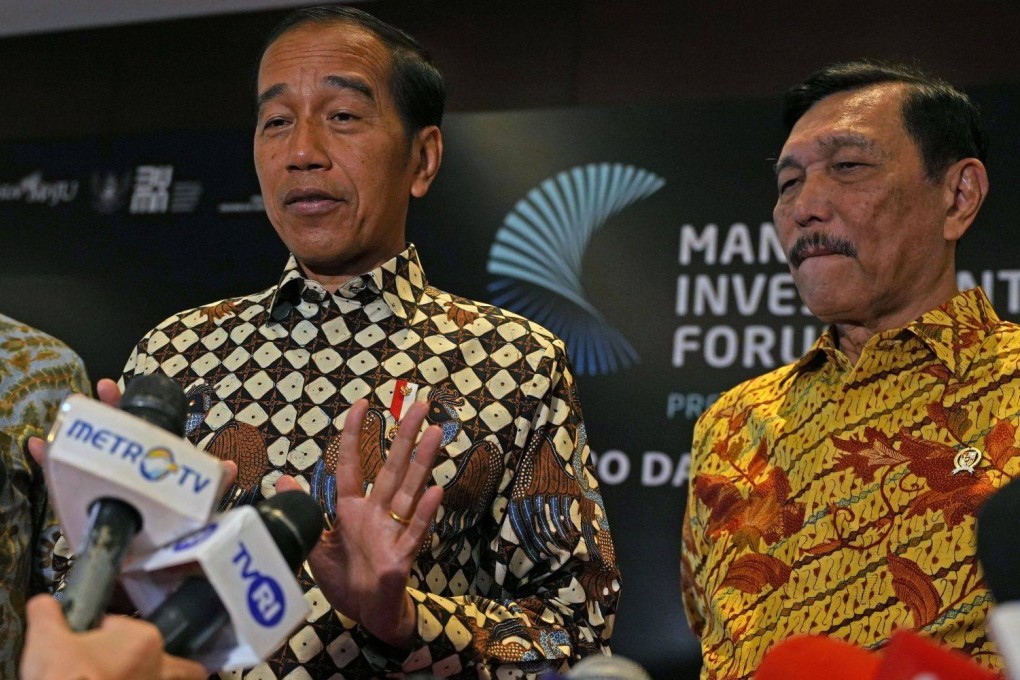Advertisement
Can an Indonesian general help Asean move Myanmar peace plan along? No sir, analysts say
- Indonesia, this year’s chair of Asean, reportedly wants to appoint Jokowi’s right-hand man Luhut Pandjaitan, a retired general, as special envoy to Myanmar
- But while Myanmar once viewed Indonesia’s military as a ‘big brother’, a study shows the junta now holds them in low regard
Reading Time:3 minutes
Why you can trust SCMP
2

Indonesian President Joko Widodo’s right-hand man Luhut Pandjaitan has been dubbed a “Mr Fix-it”, but his new role as a peace envoy to Myanmar is unlikely to be an issue he can solve, analysts say, as the junta’s once high regard for its neighbour’s military has long diminished.
As this year’s chair of the 10-nation Asean bloc, it is Indonesia’s prerogative to pick a person to occupy the role of Asean’s special envoy, which was created in the aftermath of General Min Aung Hlaing’s 2021 coup. It was occupied by the foreign ministers of the previous sitting Asean chairs the last two years, Brunei and Cambodia.
Amid debate among regional observers about President Joko Widodo’s plans, Bloomberg on Wednesday reported, based on unnamed sources, that he was likely to appoint Luhut, his de facto No 2, as Asean’s special envoy.
Advertisement
Bloomberg said Luhut was among several candidates being considered, and quoted the former four-star general – currently the coordinating minister of maritime and investment affairs – as saying he was unaware of discussions surrounding his possible appointment.
Earlier this month, Widodo revealed in a Reuters interview that he intended to send a top general to Myanmar, in the hope it would send a message to the junta, known as the Tatmadaw, of Indonesia’s successful transition from military-led autocracy, to the world’s third-largest democracy in 1998. Widodo did not elaborate if the general would be appointed as a Asean’s special envoy to Myanmar or just a delegate on his behalf.
Advertisement
Advertisement
Select Voice
Select Speed
1.00x
